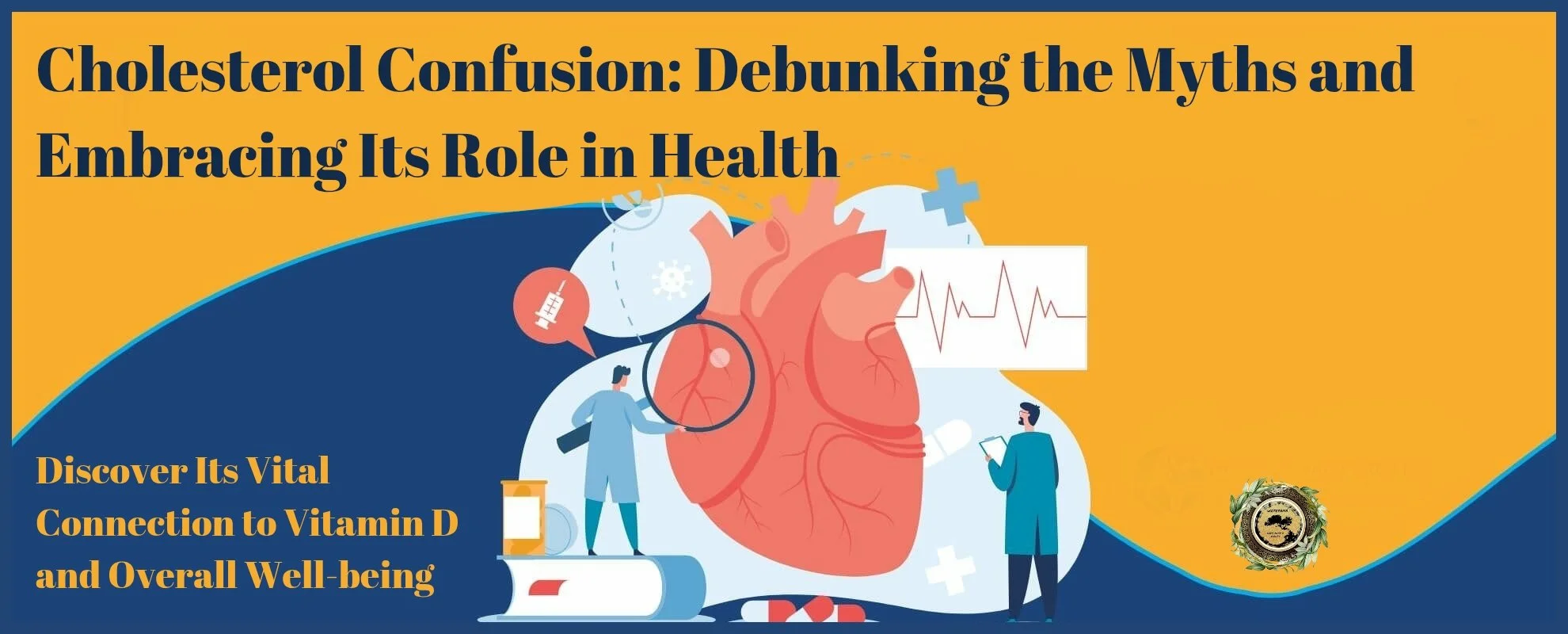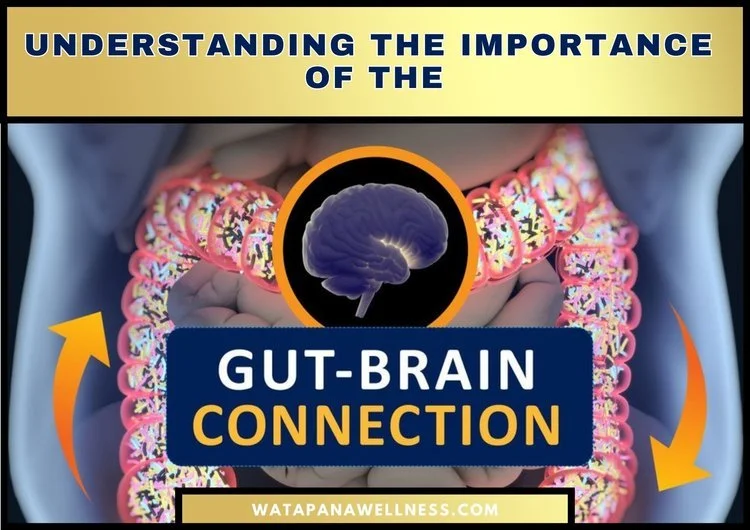Cholesterol: The Unsung Hero
Despite being demonized for decades, cholesterol is essential for life. It's a precursor not only for vitamin D but for steroid hormones like estrogen, testosterone, and cortisol. Cholesterol is integral to maintaining cell membrane integrity and producing bile acids, which aid in digestion.
Misconceptions About Cholesterol
The vilification of cholesterol began in mid-20th century, largely spurred by the cholesterol hypothesis linking dietary cholesterol and saturated fat intake to heart disease. However, more recent studies have nuanced our understanding. Elevated cholesterol levels alone do not cause heart disease; instead, inflammation and factors like oxidation and blood vessel damage play more significant roles.
Quality of Cholesterol Sources
Consuming cholesterol-rich foods isn't inherently harmful; the key is choosing quality sources such as eggs, grass-fed meats, and fish. These foods provide essential nutrients while contributing to cholesterol's positive roles in the body.
The Misjudged Sunlight
Sunlight has been mistakenly feared for its potential to cause skin cancer, leading many to avoid it altogether. While overexposure can be harmful, moderate sunlight exposure is crucial for vitamin D synthesis and overall health. It affects mood, sleep cycles via the regulation of serotonin and melatonin, and even reduces blood pressure.
Navigating the Complexity: Trust Innate Intelligence
The modern narrative surrounding cholesterol and sunlight is complex and often conflicted. While it's important to stay informed by reliable scientific sources, trusting in our body's capabilities and the traditional knowledge that guided our ancestors—who thrived with natural sunlight and whole foods—can also be valuable. Proper exposure to sunlight and conscious dietary choices are more aligned with the body's needs than excessive reliance on pharmaceutical interventions.
Vitamin D: Not Just a "Vitamin" but a Hormone
Did you know that what we commonly call vitamin D isn't really a vitamin at all? It's actually a hormone that plays an essential role in maintaining our health. Traditionally classified as a vitamin, vitamin D's true nature is far more complex and crucial. This hormone is synthesized by the body using cholesterol—a fundamental transformation initiated by the sun's interaction with our skin. Let's delve deeper into this fascinating process and unfold the myriad benefits and misconceptions surrounding cholesterol and sunlight.
The Science Behind Vitamin D Synthesis
Vitamin D production begins when ultraviolet B (UVB) rays from the sun strike the skin. This energy transforms a cholesterol derivative in the skin, 7-dehydrocholesterol, into pre-vitamin D3. Following this, thermal decay converts it into vitamin D3, which is then metabolized by the liver and kidneys into its active hormone form, calcitriol (1,25-dihydroxyvitamin D). Acting like other hormones, calcitriol circulates through the bloodstream, influencing a variety of bodily functions.
Critical Roles of Vitamin D
1. Heart Health: Vitamin D plays a vital role in cardiovascular health by influencing blood pressure regulation and vascular function. Sufficient levels can reduce the risk of heart disease.
2. Brain Health: As a neuroprotective agent, vitamin D supports brain development and function. It has been linked to improved mood and cognitive performance, potentially reducing the risk of neurodegenerative diseases like Alzheimer's.
3. Immune Health: Often dubbed the "sunshine hormone," vitamin D modulates the immune system, enhancing the body's ability to fight off pathogens and reduce inflammation.
4. Skin Health: This hormone contributes to skin cell growth and repair, maintaining skin health and potentially reducing the risk of skin diseases.
5. Cancer Prevention: Research suggests that adequate levels of vitamin D might have anti-carcinogenic properties, reducing the risk of certain cancers by inhibiting cancer cell growth.
Conclusion
Understanding vitamin D's role as a hormone synthesized from cholesterol highlights the interconnectedness of diet, lifestyle, and health.
Reassessing our views on cholesterol and sunlight can lead to more holistic health strategies. Embracing these elements wisely and acknowledging our body's natural intelligence could pave the way for improved health and wellness across the board.






